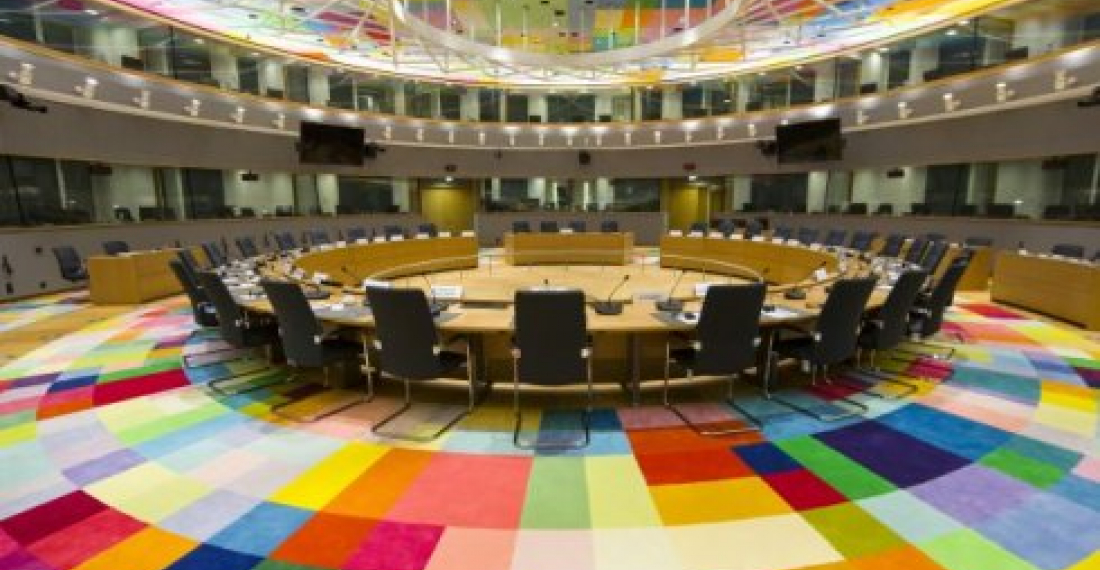The Council of the European Union on Monday (15 June) adopted by written procedure conclusions reiterating its unwavering commitment to protecting EU citizens against terrorism and violent extremism in all their forms and irrespective of their origin.
The conclusions highlight the threats posed by evolving forms of terrorism, and call for further strengthening of the EU's external counter-terrorism engagement and action in certain priority geographic and thematic areas. The Council recognises that terrorism is a global phenomenon and calls for enhanced cooperation with the areas most affected by terrorist advances. Key areas include the Western Balkans, North Africa and the Middle East, the Sahel region, and the Horn of Africa.
The Council conclusions underline the important role played by the EU's counter-terrorism/security experts and the need to further strengthen this network, as well as the importance of the EU's Counter-terrorism Dialogues with third countries and international organisations, as key tools for the EU's external action on counter-terrorism.
The conclusions emphasise the key principles of the EU's approach in countering terrorism, including the importance of human rights and the rule of law and a focus on prevention of radicalisation leading to violent extremism and terrorism. Misuse of the internet and new technologies for terrorist purposes are specifically addressed, as well as the need to cut off sources of terrorism financing.
Finally, the Council further underlines the need to foster international cooperation by strengthening its strategic partnerships and multilateral engagement.
You can read the document in full here.
source: commonsopace.eu with the Council of the European Union






